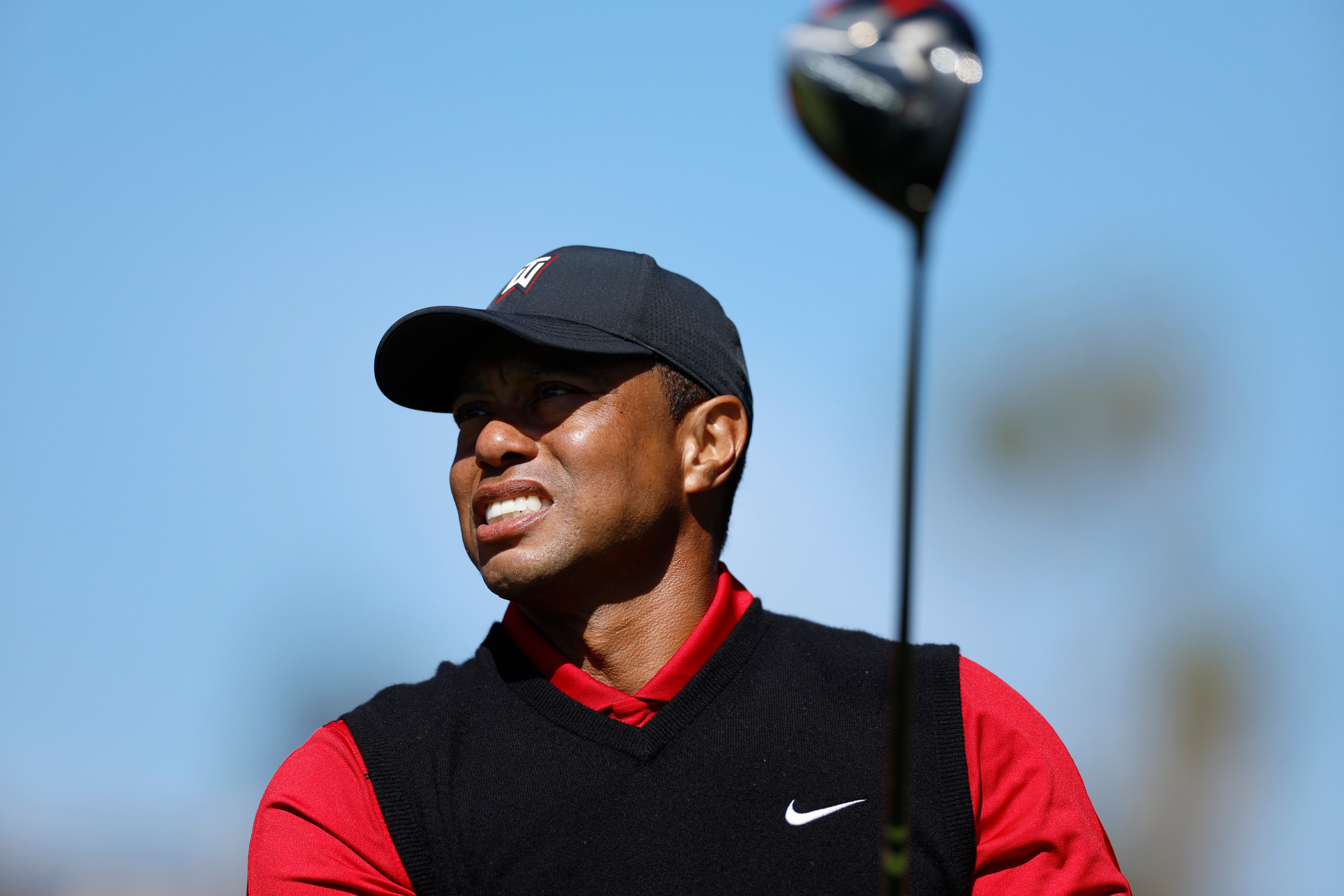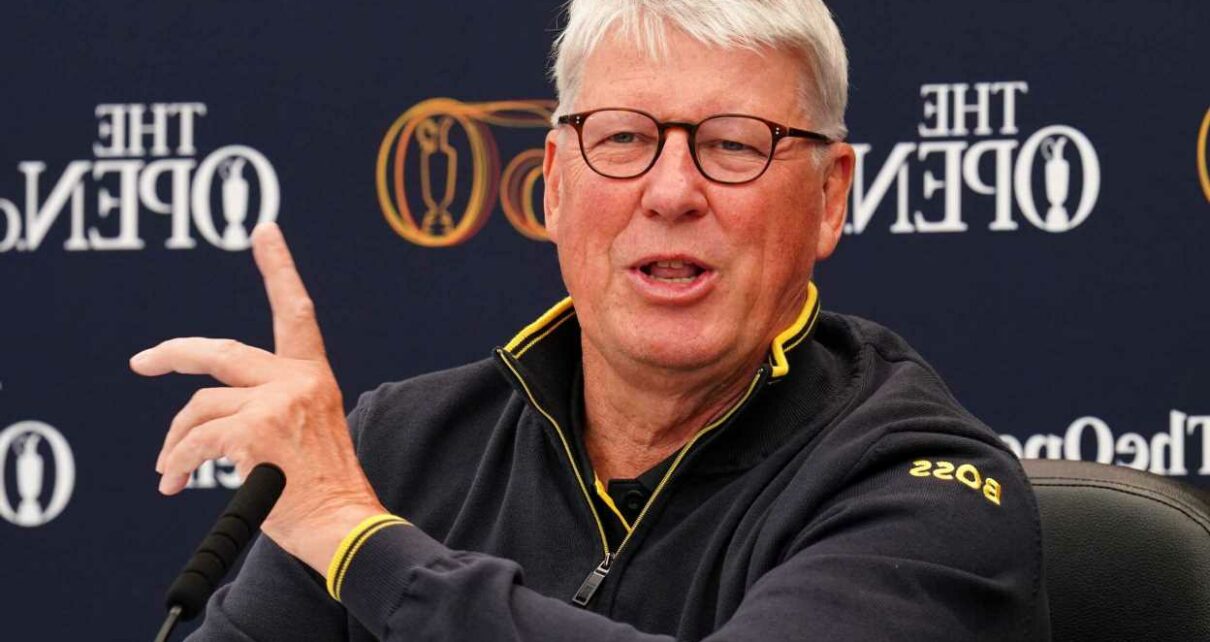
Sign up to our free sport newsletter for all the latest news on everything from cycling to boxing
Sign up to our free sport email for all the latest news
Thanks for signing up to the
Sport email
Golf’s governing bodies have pledged to “bring the game along with us” after proposing a new local rule to give tournament organisers the option to require the use of a shorter ball.
Advances in fitness and golf equipment technology have seen players hit the ball further and further in recent years, leading to golf courses being lengthened in an effort to continue to test the world’s best.
The R&A and USGA said in February 2020 that they intended to “break the ever-increasing cycle of hitting distance” but admitted it could take years before solutions were found.
Since then they have been consulting the golf industry about the issue and on Tuesday announced the proposal of a Model Local Rule (MLR) that gives organisers the option to require the use of balls tested under modified launch conditions which will travel around 15 yards less.
R&A chief executive Martin Slumbers and USGA counterpart Mike Whan confirmed that the MLR would be used in their own elite events, most notably the Open Championship and US Open respectively.
Recommended



However, speaking in 2021, Masters chairman Fred Ridley said a “Masters ball” would be a last resort in the battle to limit hitting distances, with the par-five 13th at Augusta National extended by 35 yards for this year’s tournament.
The PGA of America, which runs the US PGA Championship, has yet to comment, but Slumbers told the PA news agency: “As part of our consultation on this proposal, we sought the views of the other major championships and that has certainly shaped our thinking.
“Each of them will have to give their own view on this in due course but we will do everything we can to bring the game along with us on this.”
Whan conceded that the proposal would not be universally popular, predicting that the reaction would be split 50/50 between those complaining it has not gone far enough and those querying why it has been undertaken at all.
“There are going to be more than a few players, if not many, who don’t like this direction for obvious reasons,” Whan said. “They’re 25 years old, prime of their career, hitting the ball a long way, don’t mess with that formula.
“I can’t argue with them, I’m not saying they’re wrong, but I also don’t think anybody’s asking them to think about what the game’s going to be like in 30 years.
“This won’t be easy. Governance is hard. People don’t like change.
“This isn’t going to be fun but these debates are good for the game and if anyone thinks these debates in the past haven’t reflected changes in what we’ve recommended, you haven’t been following the process very well.”
The PGA Tour said in a statement that it would continue its own “extensive independent analysis of the topic and will collaborate with the USGA and The R&A, along with our membership and industry partners, to evaluate and provide feedback on this proposal. The Tour remains committed to ensuring any future solutions identified benefit the game as a whole, without negatively impacting the Tour, its players or our fans’ enjoyment of our sport.”
David Maher, the chief executive of leading equipment company Acushnet, said in a statement that he believes the current regulations are “highly effective” and that the proposal “would be detrimental to golf’s long-term well-being”.
The DP World Tour said it would make comments directly to the governing bodies as part of the feedback process which runs until August 14.
The MLR is intended for use only in elite competitions and, if adopted, will have no impact on recreational golf.
Recommended



Under the proposals, a ball struck at a laboratory-controlled swing speed of 127mph – up from 120mph – must not travel more than 320 yards.
The change is expected to reduce hitting distance by 14-15 yards on average for the longest hitters with the highest clubhead speeds.
Source: Read Full Article


